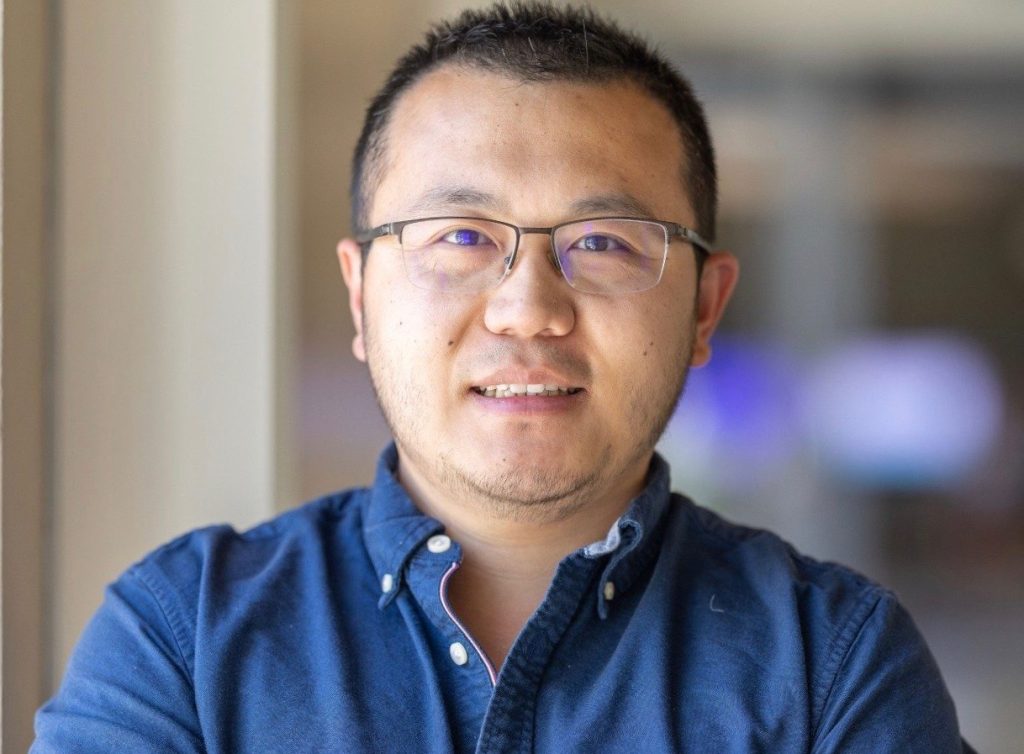Ming Jin receives NSF grant to introduce antifragility into power systems

Ming Jin, an assistant professor in electrical and computer engineering and core faculty at the Sanghani Center has received a National Science Foundation grant to revolutionize the design of learning-enabled, safety-critical systems, with a special focus on power systems.
The grant was awarded under the Safe Learning-Enabled Systems (SLES), a partnership between the NSF, Open Philanthropy, and Good Ventures.
Jin will collaborate with Javad Lavaei, professor in Industrial Engineering and Operations Research at the University of California Berkeley.
The project introduces antifragility, a concept that goes beyond robustness which can be compared to a sturdy structure that remains unyielding in a storm but does not grow or adapt from the experience; or resilience which is like a rubber band: when stretched, it can recover by going back into its original shape.
“We are not merely designing systems to withstand challenges of rare and unpredictable events, but to flourish because of them,” Jin said.
The task of preserving end-to-end safety of the power system will be crucial, Jin said, though it is complex amidst distributional shifts, driven by the growing complexity and unpredictability of the environment.
The project will addresses safety challenges through three interconnected research thrusts. The first thrust targets the creation of proactive, antifragile systems that anticipate and adapt to changes, using advanced techniques such as meta-safe learning and offline reinforcement learning. The second thrust bolsters system antifragility through multi-agent systems, encouraging exploration, cooperation, and distributed control to ensure resilience and safety, even under significant disturbances. The third thrust is devoted to validation and stress testing, employing multi-objective adversarial learning and real-world case studies to better handle rare or unexpected events.
“Our algorithms are more than just learners; they’re evolvers. By turning continual threats into avenues for enhancement, we are redefining what safety in power systems looks like,” he said.
Four students advised by Jin will work with him on the project: Vanshaj Khattar, Ahmad Al-Tawaha, Zain ul Abdeen, andBilgehan Sel.